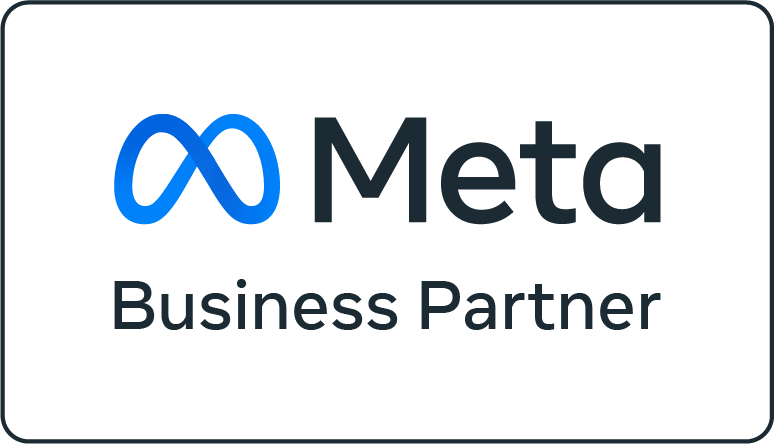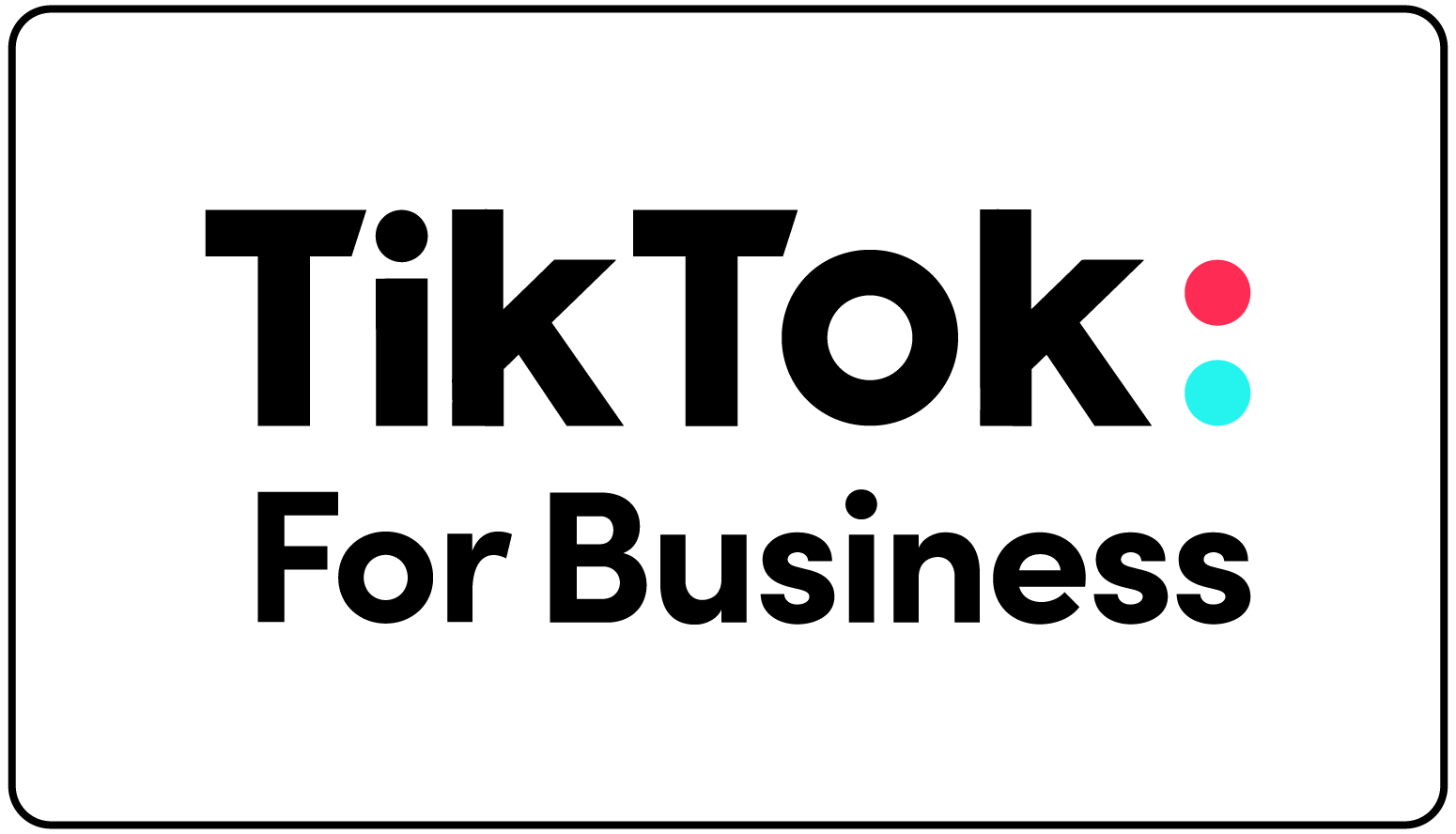Sometimes it feels like Google has been the king of the online advertising space since the dawn of the internet. The search engine is so dominant that the term “Google it” has become a part of our lexicon. Its main product, Adwords Search Ads, is probably the most effective form of advertising ever and it seemingly launches another free tool for advertisers or the average internet user every week.
However, its important to remember that there was an internet before Google. In its shadow, another technology behemoth, Facebook, is slowly making notable strides, attacking Google on nearly every front. With its steady roll-out of products, tools, and tactics, is it only a matter of time until Facebook takes over as the dominant (and most effective) online advertising platform?
The Surface Comparison
The two websites Google and Facebook are two of the most visited in the world—with the former on top and the latter a very close second. One is the dominant search engine and the other the dominant social networking website. Both companies already account for 60 percent of the online advertising market in the U.S., according to a recent Morgan Stanley report. So far both companies have been able to increase market shares of an expanding pie. But as the total market begins to mature, the sharp knives are sure to come out. In many ways the moves and products launched today will spark the all out war that seems sure to erupt.
The Advantages
Facebook already has notable advantages over its technology rival. First of all, people tend to be on Facebook longer than Google, and this makes the former a preferred place for businesses to build brand or product awareness. Secondly, their people-based targeting enables companies to specifically target their intended audiences or consumer bases. For instance, a pop music publication can customize an ad to target people in their early teens to late 20s. Thirdly, while Google focuses on fulfilling demand via a users; search query, Facebook is has more ability to generate demand. For many newer businesses that are trying to make a name for themselves, this is a clear advantage.
As noted on Built In Chicago—an online social network dedicated to Chicago’s startup community—Facebook does this through its display ads, which are able to drum up desire for certain goods or services. By this we mean it is easy to create a display ad to fit your business goal, whether it is to drive foot traffic, sell a product, or create brand awareness. Lastly, Facebook is particularly strong on mobile. Users are spending less and less time in their desktop browsers and more time within apps, which only helps Facebook.
The Strategy
One example of a Facebook “shot over the Google bow” is the way the company discusses impressions. The more efficient the ad, the more space it has to offer to advertisers. The more advertisers that are able to share the newsfeed, the more revenue Facebook can rake in.
To reinforce this concept, Facebook makes a sharp distinction between “served” impressions and “viewed” impressions. A viewed impression is an ad that has been seen, while a served impression is an ad that is delivered (but not necessarily seen by anyone). So, for instance, if an ad is at the bottom of a web page, it is a served impression, but it isn’t a viewed one until the person has seen it. Noticing the huge chasm that exists between served and viewed impressions, Facebook is focusing on measuring the latter to build ad value and consistency.
This strategy is on display with their newly launched relevance scores, which is a direct answer and corollary to Google’s longstanding Quality Score. Soon advertisers would be able to see relevance scores on a scale of 1 to 10 in their ad reporting tools. And the higher the score is, the less expensive the ad will be to deliver.
The Challenge
While Facebook has already mastered the art of social and personal connection, it knows that their newsfeed only has so much real estate. Google’s ad dominance stretches across the web with embedded youtube videos, display ads, and retargeting.
That, however, will change with Atlas. Formerly an ad serving and measurement company that Facebook acquired from Microsoft in 2013 for about $100 million. Atlas was re-launched the following year, promising the ability to run people based ads on sites outside facebook.com, and even on mobile apps. Thus, by relying on Facebook’s targeting precision, advertisers would be able to efficiently reach customers wherever they go.
The Future
Google Search is still the gold standard in fulfilling demand, but Facebook continues to make strides that make you wonder what the future of search could hold. Its Graph Search was recently expanded to include searching old posts. Last week it launched Facebook Topic Data, ensuring that Twitter doesn’t become the ultimate measure of product sentiment. This week, it rolled out its expatriates targeting to help businesses reach the 92 million expats on Facebook that live abroad. Finally it continues to make strides in measuring conversions. Its people based advertising and 3rd party data partners are able match credit cards and purchases directly to seen ads. The insights their data allows are seemingly endless.
When Facebook went public I compared the company to a giant white board of monetization ideas the size of a football field. While every Google product launched is meant to keep it the dominant force in search, every product Facebook launches aims to create the ability to target in an entirely new way. Google remains the dominant force today, but who knows what the future brings.
Read our latest blog post about online video analytics here.




